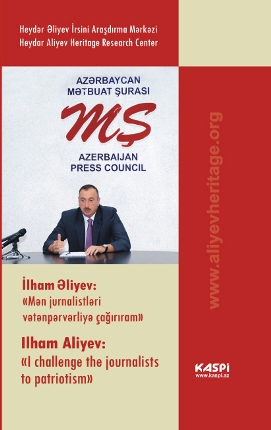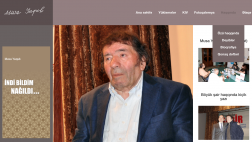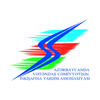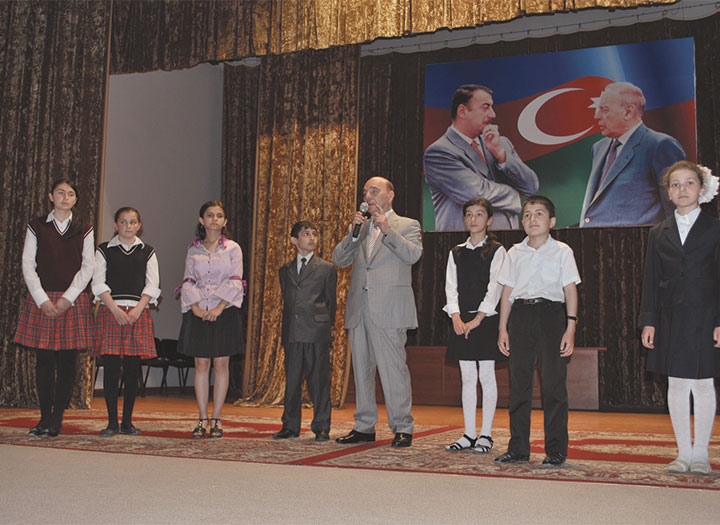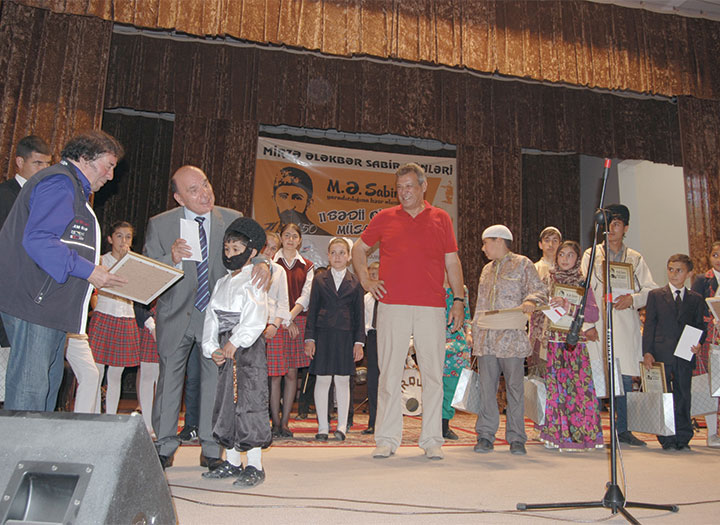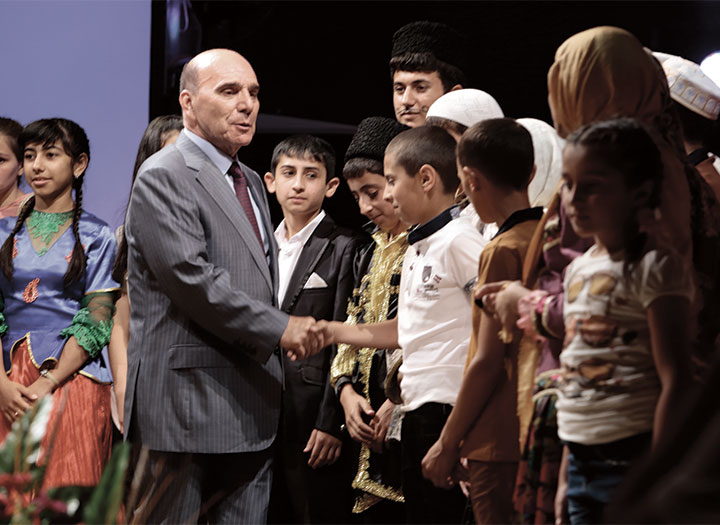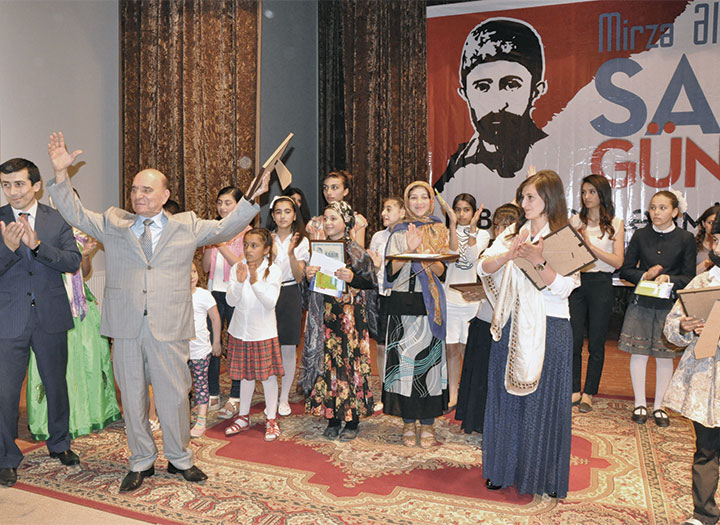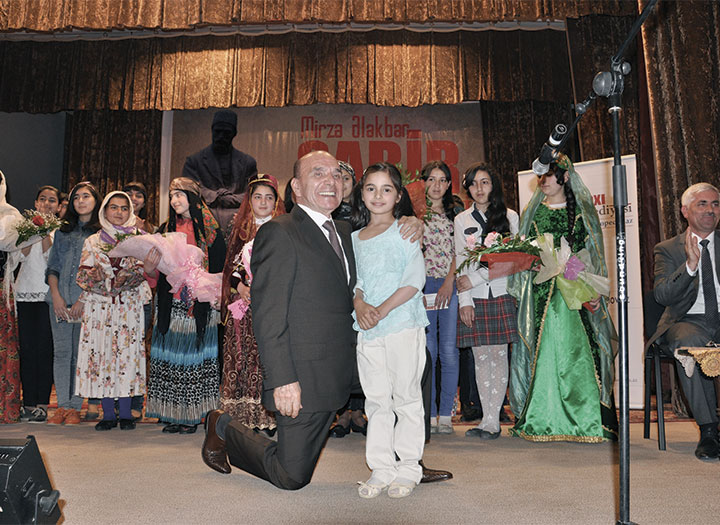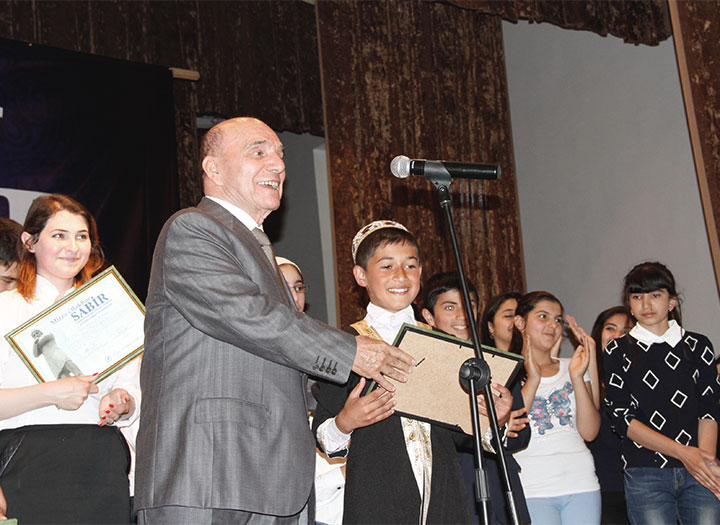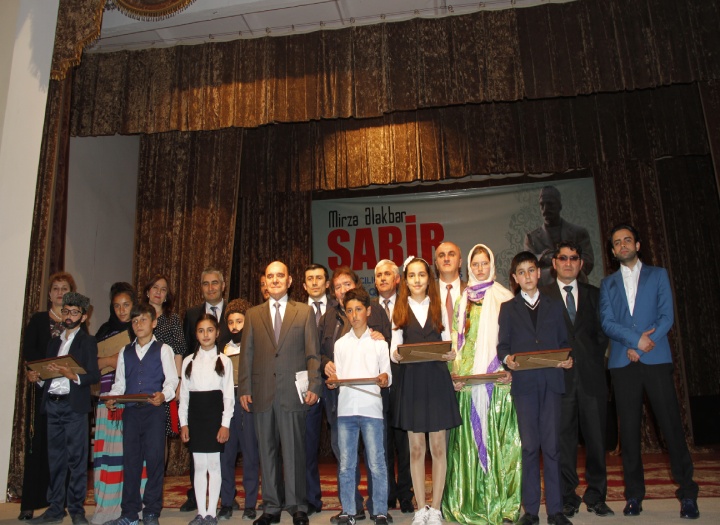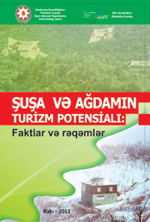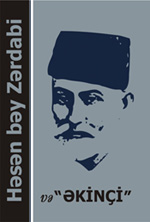 For the last years a significant progress in the right on freedom of expression has been observed. Efforts to guarantee this right by means of specially created regional mechanisms have been made. Nowadays there are new prospects of the right on freedom of expression to be applied to due to the world Internet and satellite transmitting. At the same time there are also new threats to the right, for example, the world monopolies on mass media and resulted pressure on independent ones.
For the last years a significant progress in the right on freedom of expression has been observed. Efforts to guarantee this right by means of specially created regional mechanisms have been made. Nowadays there are new prospects of the right on freedom of expression to be applied to due to the world Internet and satellite transmitting. At the same time there are also new threats to the right, for example, the world monopolies on mass media and resulted pressure on independent ones.
The rights under threat
a) The right on freedom of expression and opinion
The right on freedom of expression implies everyone’s freedom to express his/her views and opinions in an open form. This right obviously should be exercised everywhere as it plays an important role in democracy construction and guarantees public participation in a political life of the country. It is necessary to note, however, that there are certain extreme forms to express an opinion which are to be cancelled in the name of other human rights. Restrictions imposed on freedom of expression in similar situations are necessary and justified measures. “Speeches of hatred” which are forbidden in a number of countries are an example of such an extreme form of one’s opinion expression.
Different groups of people can have various points of view on an issue and that provokes feelings of hatred and impatience among representatives of these groups. The issue on this problem is also connected with another one whether it is necessary to ban officially “speeches of hatred”. Mass media used in assistance to a genocide and provocation of racist moods in a society, as it happened, for example, to the radio and TV Company Libre des Milles Collines during genocide in Ruanda in 1994, can serve as an extremely negative example. Some countries passed the laws “on speeches of hatred” with the purpose to deprive of validity this way of expression. The success of prohibitive laws is frequently doubtful. Certainly, extreme forms of “speeches of hatred” should be forbidden and should not be used at the state level. At the same time it is necessary to promote pluralism in mass media and to give an opportunity for people to articulate opposite points of view.
(b) The right to search, receive and distribute information
The restrictions imposed on journalists: freedom on transferring information can be violated in different ways. It leads to very negative consequences for freedom of press. Pressure upon journalists is a significant threat.
Informal censorship means officials’ various actions, such as phone calls, threats and physical pressure with the purpose to prevent publications of undesirable materials. The right of journalists to protect their sources is also an important aspect which provides a free stream of information on the matters of a public interest. International and regional mechanisms for human rights protection guarantee journalists the right on concealment of their sources, except some circumstances of emergency.
Mass media should have an opportunity to cover conflicts freely as public attention to the given problems plays an essential role in control over infringements of the norms of the humanitarian right and human rights in conflict situations. Refusal for mass media representatives in the right to cover the problems connected with conflict situations is a grave violation of the right on freedom of expression and information.
Restrictions in similar cases can be imposed just for safety reasons. Elections are another example when freedom of press on balanced and impartial information may be dependent on the will of political leaders.
Structural restrictions imposed on press: This aspect of the problem is connected with an issue whether mass media is independent from political control at the institutional level. Restrictions in this case may take the form of laws on press which suppose state intervention in work of mass media or unauthorized restrictions on the published information. Bodies regulating the work of mass media, press, TV and radio, should be quite independent from the state. The process of licensing should be open and transparent. Decisions on licensing should be made on the basis of developed in advance criteria, paying attention to the right of public to receive objective information. Moreover, the bodies in charge of TV and Radio should be engaged only in these issues of licensing and complaints.
Monopolies in mass media are one more way to restrict the right on getting information from various sources. State monopolies on TV and Radio do not serve a public interest. But on the other hand, in some small markets the newspaper of a monopoly can be the only source of local news. The rights on monopoly should be elaborated in detail to ensure variety of opinions and thus not to give the government an opportunity to interfere in the work of mass media.
Access of authority representatives to information is the other aspect of the problem on freedom of information. International and regional means of protection guarantee the human right to receive objective information. They demand from the government to adopt laws in conformity with the following requirements: the law should be of maximum understanding; public bodies are obliged to promulgate the key information; public bodies should render an active assistance on the government transparency. Any exceptions in the matter should be precisely proved and checked up for damage and conformity to the public interests.
Restricted censorship on freedom of expression of an opinion is supposed only under the following circumstances: if the rights are violated and reputation of others damaged, if the freedom threatens national safety, public order, health or morals of a society.
www.hrea.org
